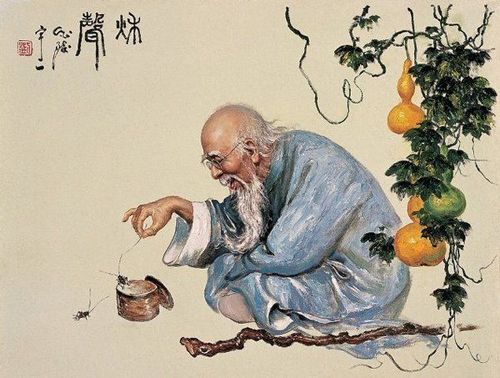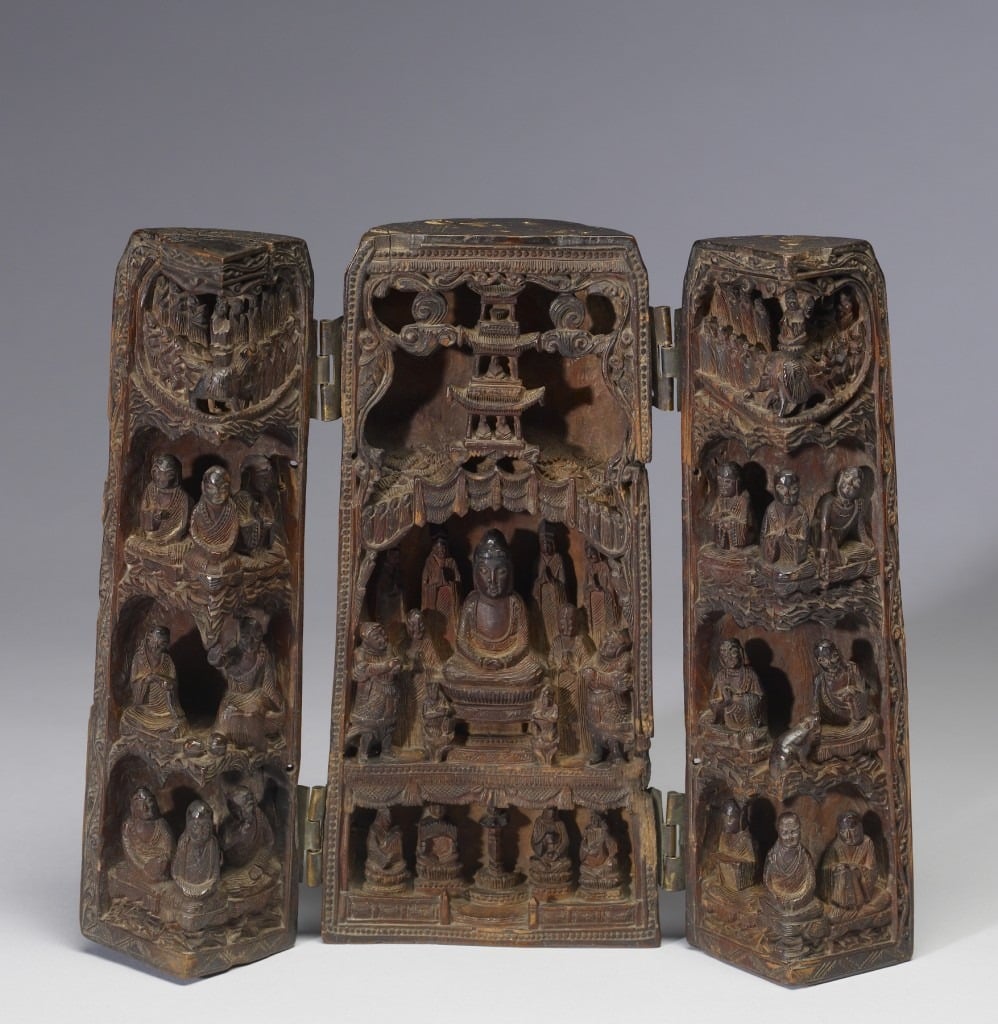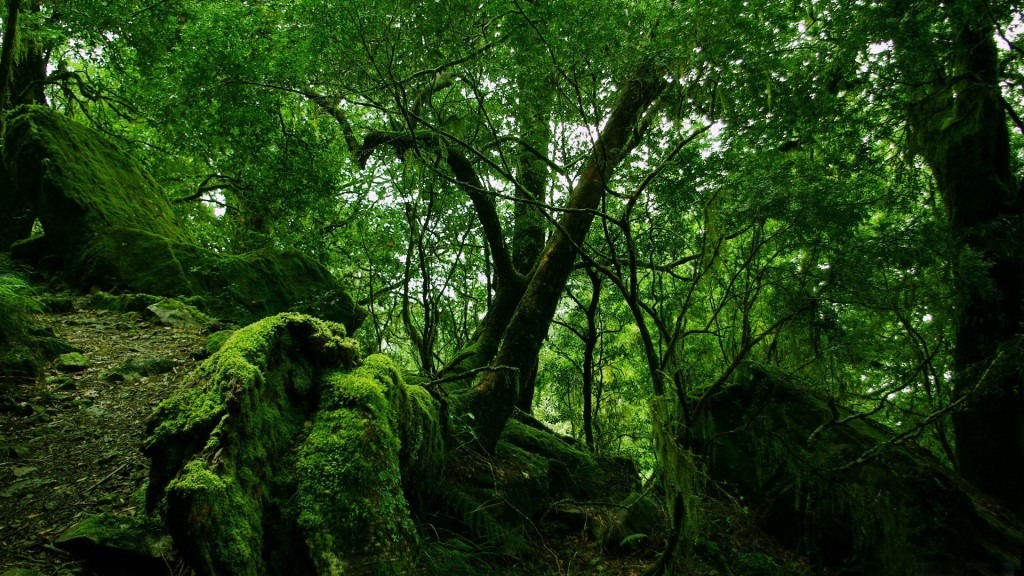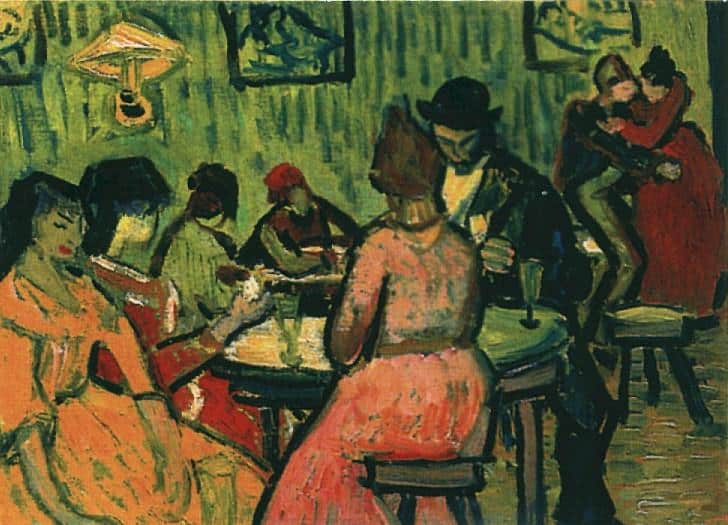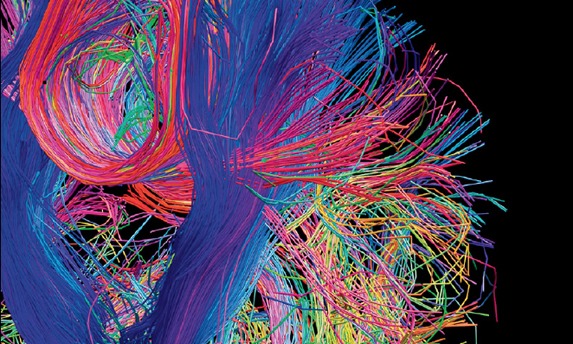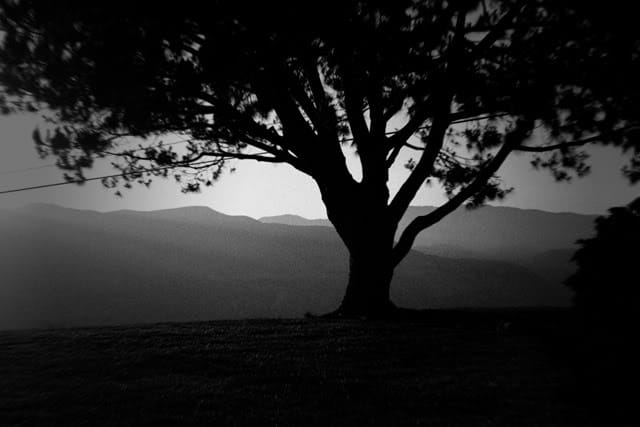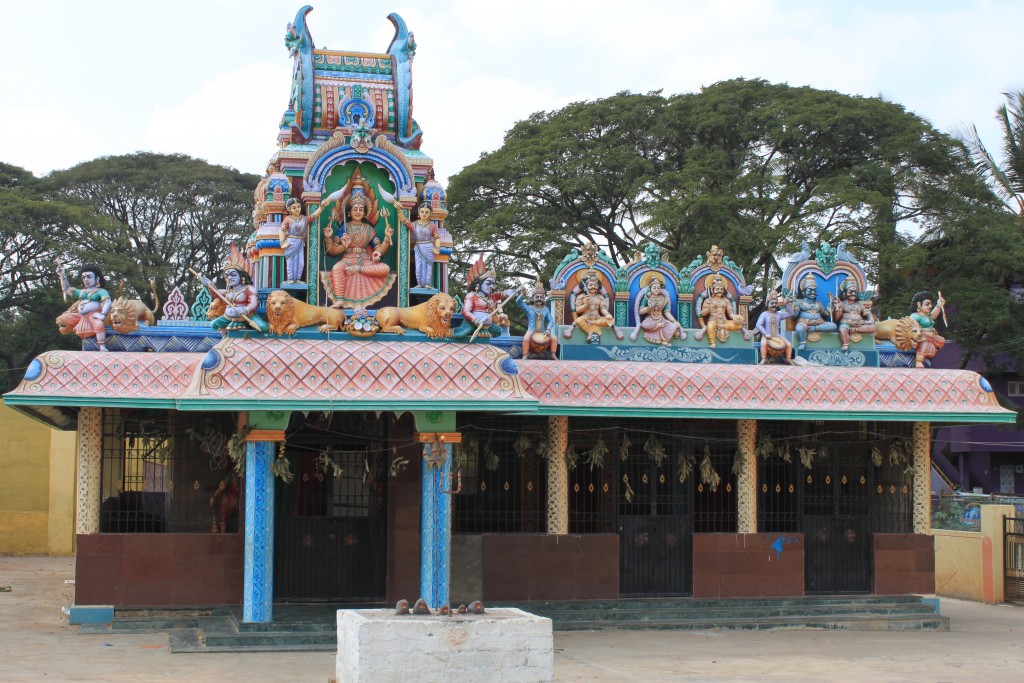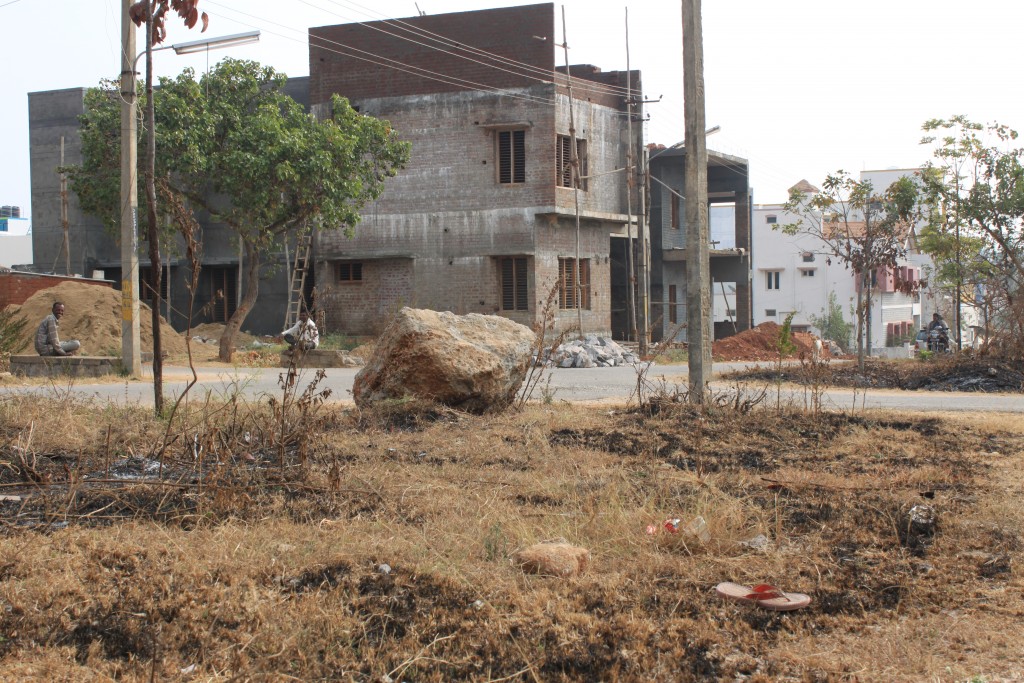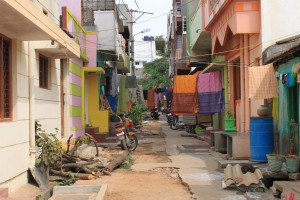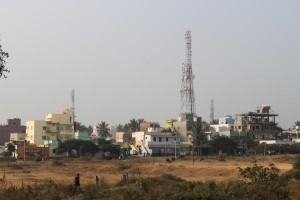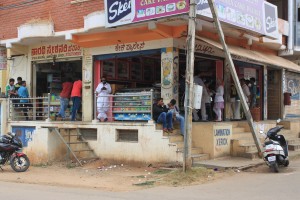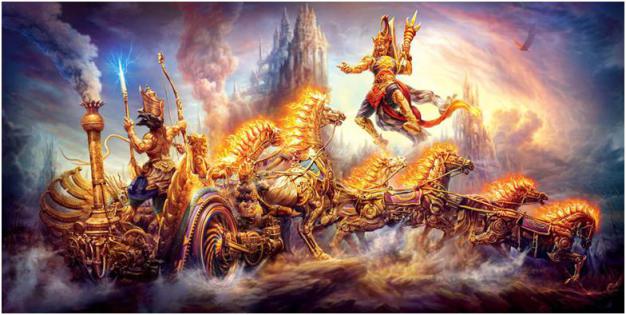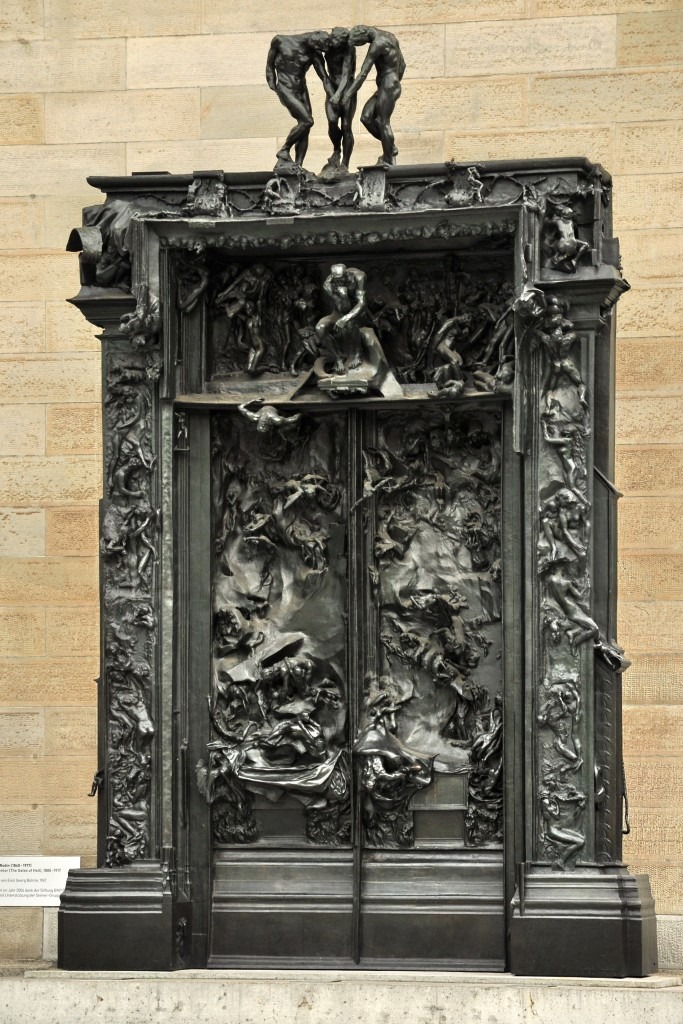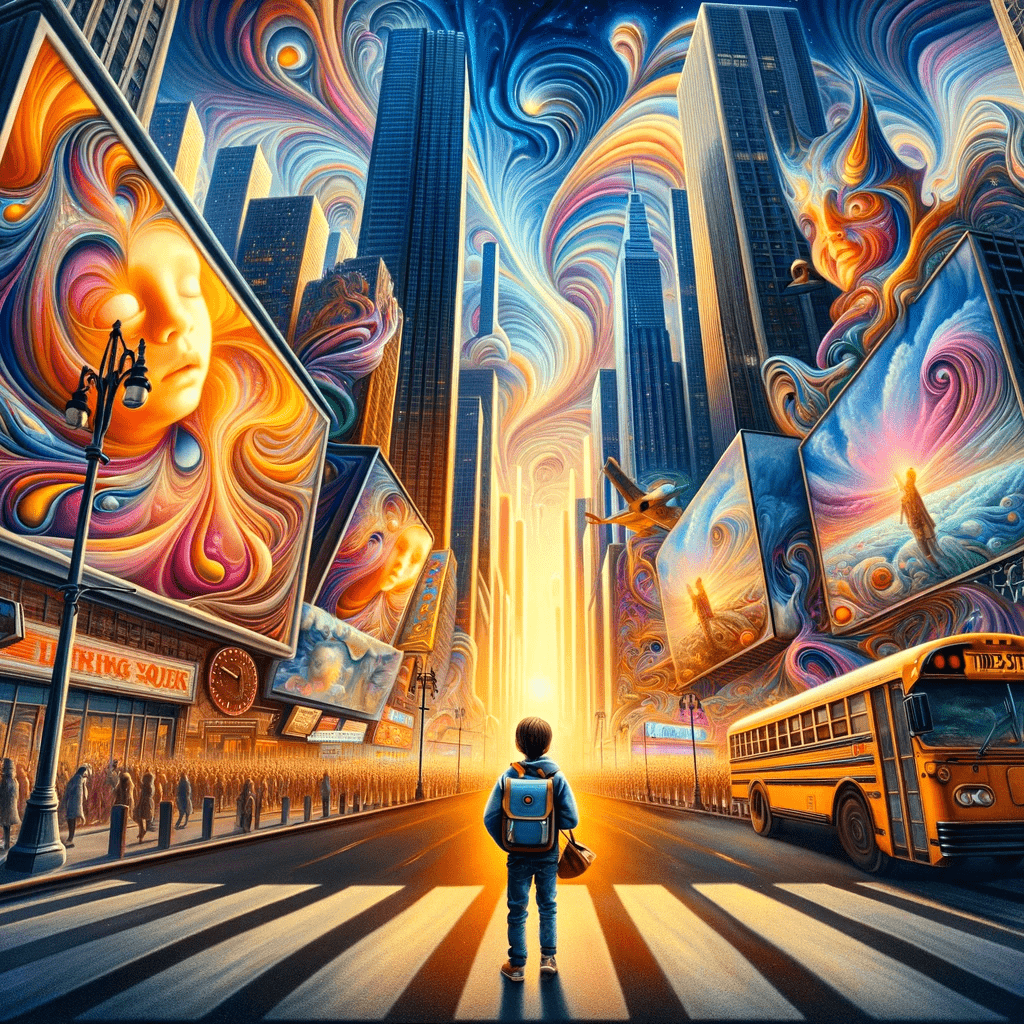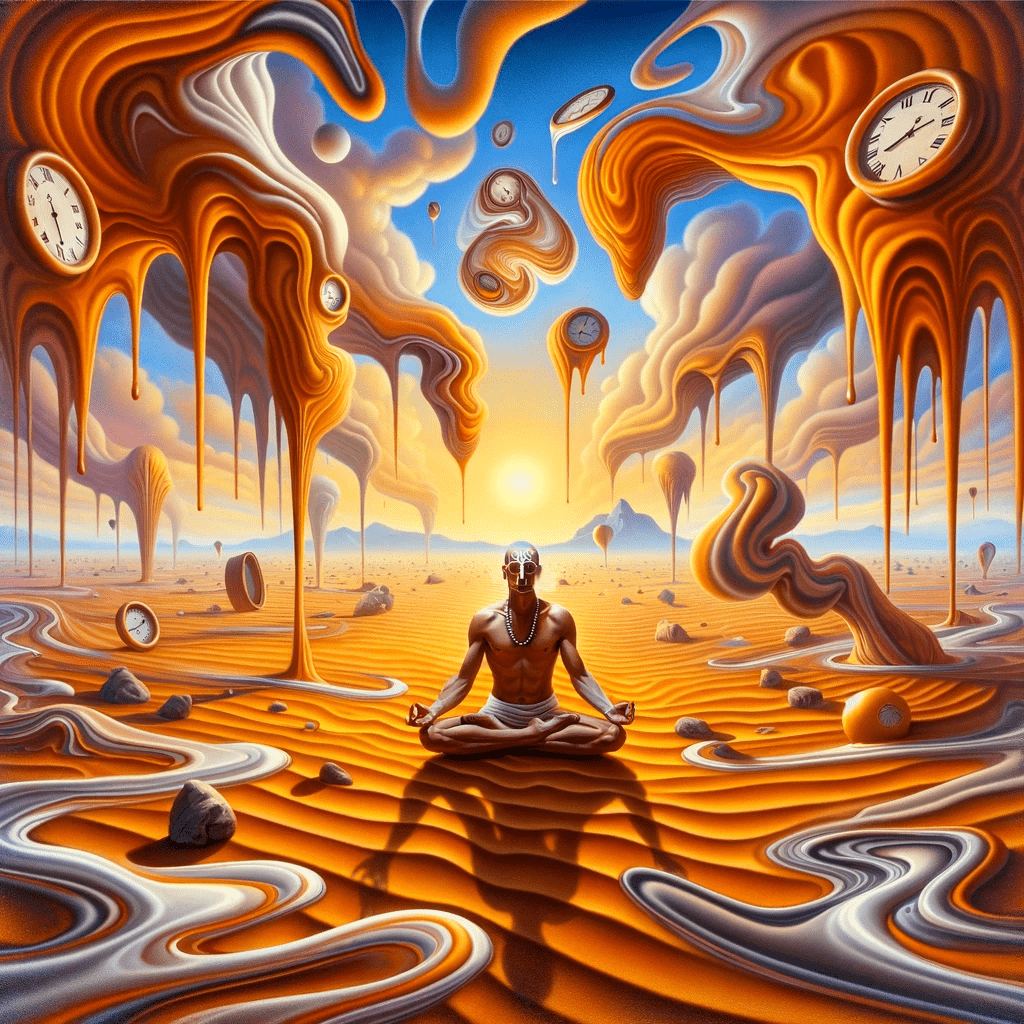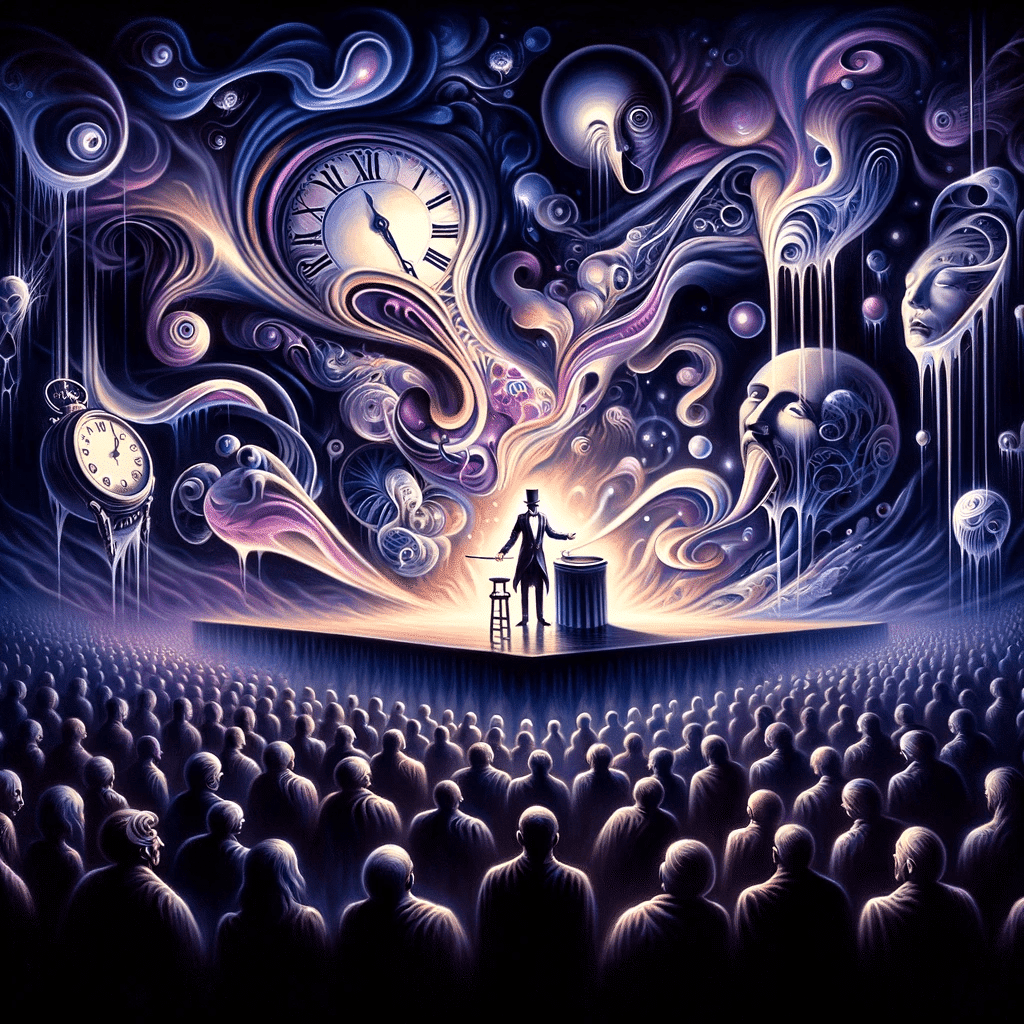The Wanderer, Part 9
Please read the first parts of the story here:
The Wanderer, Part 1
The Wanderer, Part 2
The Wanderer, Part 3
The Wanderer, Part 4
The Wanderer, Part 5
The Wanderer, Part 6
The Wanderer, Part 7
The Wanderer, Part 8
Tas woke in a cold sweat. He could hear a rustling in the bushes near him and started until he saw that it was only the old man, his rescuer from the night before. He still felt the euphoria from the night before, his vision seemed to be more defined and even his body did not hurt so bad as the day before. In fact, he felt fresh and renewed, even from his injuries.
He got up quite easily, gently nursing his bruised back and ribs and he rose and remembered the crushing blow from four days easier. The old man was already continuing along the road they were following north, though Tas had no idea where they were going. After a bit, Tas thought he might try his luck with some questions.
“You killed them all?” Tas asked, remember the vicious assault the old man had inflicted upon the village the night before.
“No,” the old man said somberly. “Just the ones who fought back.” He seemed to brighten up as he said it.
“Thank you. I would have…”
“I know.” The old man said quickly. “They were a wicked group, this one. They have killed many travelers before you. I brought what was coming to them.”
“How did you know where I was?”
“The stars told me,” the old man said mystically, looking up at the forest canopy. His walking stick seemed to have changed, though Tas hadn’t even really noticed it before. It was a bit shorter, and the man’s back seemed a bit more crooked.
“You can really read the stars like that? To see what is happening in the world?” Tas asked in an innocent tone?
The old man nodded. “I see the now. The stars assist me in this.”
Tas didn’t completely understand. But he could tell that the old man wouldn’t talk more about it, so he moved on.
“Where did you learn to fight like that?” Tas had never seen anyone move in such a fashion, like a wild animal with complete control, perfect precision. He could still see the silhouette dodging multiple spears and connecting a spear to neck after neck, two heads fell at a time.
“I was born to be a warrior.” The old man said. He stopped walking now. He looked around for a moment, as if looking for something specific, then began to walk towards the side of the road they were following. He found a couple of nice sitting rocks and mentioned to Tas to have a seat. He took out some salted peas that turned out to be tremendously tasty, especially since Tas hadn’t eaten much since he left the village.
They spent a minute eating, before the old man began to speak again.
“Kid, you can’t tell anyone what I am about to tell you. But it’s time you learned who I am.” Tas nodded in agreement; he wouldn’t tell a soul.
“My name is Yao, I am from the far north, high in the mountains. That is where I learned to fight,” He looked at Tas with a grin as he said it. Tas had never seen the mountains and the old man seemed to know it.
“I was born to be a Jarakanda, a hunter and defender of my village. It was a childhood of strife and training; my only thoughts were to be as strong as I could possibly be. I learned to fight with my fists first, then my feet, then with other things. Swords, Staves, knives, rocks, all kinds of different weapons. Spears are one of my favorite,” his grinned turned menacing as he said it.
“My people traveled with the snow, we were people of the mountains and were efficient enough hunters and fishermen. I learned to read the sky and the weather from them, as well as all types of hunting, gathering, and fighting. But when I turned into a man, my father was killed by the chieftain for adultery on my mother. I left my village in shame, to take up the life of a monk in a monastery to the south. I gave up my arms and hunting to live a life in solidarity and to undo the karma of my father’s treachery. He was beheaded.” The entire story seemed to have no emotion behind it, like he was telling it from another person’s point of view.
“So you were born to be a warrior?”
“Not just a warrior. Jakaranda’s are renowned for being the most vicious opponents, elite hunter-warriors. Especially against multiple targets. We practice hunting and preying on groups of deer at a time in the mountains, to minimize our time outside during the harsher storms of winter. Once you can kill three deer within 20 seconds, you can kill as many men as you need to,” the old man said with a chortle.
He seemed to be entertaining questions, so Tas pushed further, “What happened when you left for the monastery? What happened to your father?”
“Well, he was given a trial, Jakaranda’s are held to extremely strict standards. When he was convicted, the chieftain took his head. I was forced to watch with my mother and brother, in shame.” He didn’t look shameful though. Tas thought that maybe the old man had cleansed his karma or something along those lines. No, he was sure of it. There was still no emotion in his voice, despite talking about witnessing the death of his father. Tas’ respect for his teacher seemed to grow each time he learned more about the stooped old man. To watch one’s own father die shamefully must be the worst of punishments, Tas thought to himself.
“I left for the monastery and pursued god, or holiness, or purity, or whatever you want to call it.” He looked directly at Tas now, “Just like you, I wanted to find answers to my questions and I left everything behind to do it.”
Tas digested his words for a minute, then responded, “What did you find?” He had to know what happened next, surely the monastery would have answers.
“That is a story for you to learn for yourself.” When Tas began to ask a question in response, the old man continued, “We will arrive there within a week. You’ll see it for yourself. Now, it is time to walk.”
Tas got up, but still had one last question. “Can I call you Yao, master?”
The old man laughed heartily for a few moments before responding, “You can call me Yao, but I prefer Yejo. It was my father’s nickname.” Suddenly he became extremely serious. “But don’t ever call me master.” The smile had left his face completely.
Tas smiled as the old man turned from him to continue walking north. Even though he seemed to have gotten some answers, they had only sparked more questions about the old man. Where were they going? What he did mean by saying that god and purity and holiness were the same thing? He sighed and continued walking, happy to know that the man he was following was as full of surprises as the jungle itself.
The Wanderer, Part 9 Read More »

